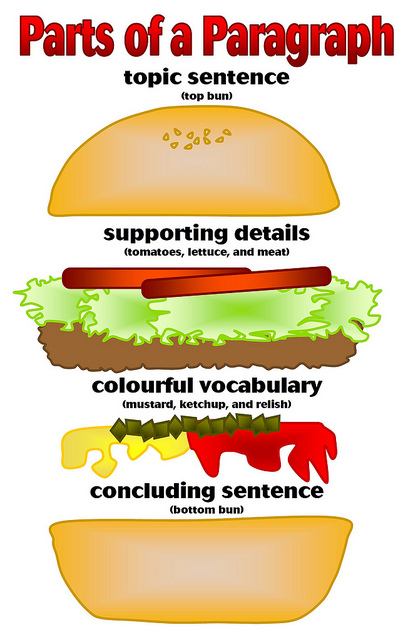Key Difference – Passage vs Paragraph
A passage and a paragraph both refer to groups of sentences that come together to form a well-written piece of work. These pieces of work can include essays, articles, and novels, all of which are composed of words that guide the reader on a journey. The primary difference between a passage and a paragraph is that a paragraph is a collection of sentences focused on one topic, while a passage is an extract from a text, novel, story, or even a paragraph. Both terms are part of the larger process known as writing.
Key Takeaways
- A paragraph is a group of sentences centered around one theme, subject, or topic.
- A passage is an extract from a text, novel, story, or paragraph that is used to prove something about the current text being developed.
- While a paragraph typically contains five to six sentences, including the topic sentence, the length of a passage can vary depending on the context and purpose of the extract.
What is a Paragraph?
A paragraph is a group of sentences that share a common theme, subject, or topic. It is typically used as part of formal writing and can lead to prose, essays, and larger pieces of writing. The main backbone of any literary or non-literary writing is the paragraph. The beginning of a paragraph usually contains the topic sentence, which defines the paragraph’s purpose and provides a summary of the entire paragraph. A well-written paragraph will guide the reader through the remaining sentences and paragraphs in the piece of writing.
What is a Passage?
A passage is an extract from a piece of writing that can be part of a paragraph, a sentence, or several paragraphs. The purpose of a passage is to provide evidence or support for the text being developed. The length of a passage can vary depending on the context and purpose of the extract. Passages can be used in articles, essays, and compositions to enrich the context and add value to the development of the text. A piece of writing without extracts or passages may appear dull and incomplete.
What is the difference between Passage and Paragraph?
The following is a brief comparison of the two terms:
| Paragraph | Passage |
|---|---|
| Definition: A group of sentences centered around one topic. | Definition: An extract from a text, novel, story, or paragraph. |
| Length: One or more sentences. | Length: No specific length; can range from a sentence to several paragraphs. |
| Logic: Should have a clear link between each line and between the first paragraph and the next. | Logic: The link between lines varies depending on the purpose or context of the extract. Linkage is not as important. |
| Rule: Should have at least two sentences. | Rule: Can consist of one sentence, depending on the context of the extract. |
| Origin: The writer. | Origin: The original writing from which the sentences are extracted. |
| Purpose: To provide a story, description, or information on a theme or topic. | Purpose: To cite or prove a fact(s) in a secondary piece of writing. |
Despite the differences, both passages and paragraphs refer to groups of sentences that come together to form a well-written piece of work.
